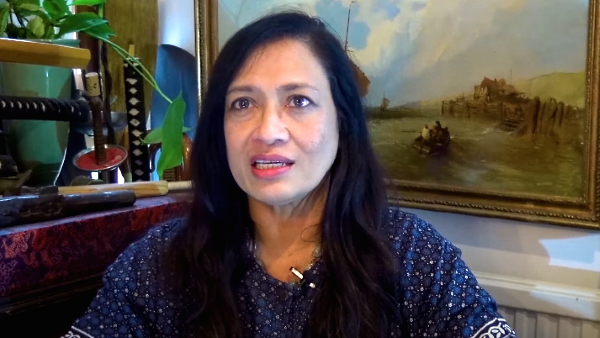
By Mariam Mokhtar
Are the new guidelines governing the sale of liquor in Kuala Lumpur, a not-so-subtle smokescreen to undermine the rights of non-Muslim Malaysians?
The decision by the Kuala Lumpur City Hall (DBKL) to ban the sale of liquor in sundry shops, convenience stores and traditional Chinese medicinal halls from October 1 next year is confusing and puzzling.
The DBKL Facebook post claimed that after consulting the various stakeholders, the goal was "to control the accessibility and consumption of liquor products while ensuring the health and safety of the city's denizens."
The groups which were consulted were the Federal Territories Ministry, Health Ministry, Royal Customs Department, the police, Malaysian Institute of Road Safety Research, Federal Territories Islamic Religious Department, stakeholders and various NGOs.
Does this mean that the health of the residents of KL is more important than those who live outside KL? Or will this ban start off in KL before it is gradually introduced throughout the nation? What will the people in Sarawak and Sabah think of this ban?
If health was a major consideration for the ban, why have none of the people who were consulted suggested that cigarettes be banned? Smoking causes various cancers like lung and throat, emphysema, heart disease and strokes.
Sugar is another contributor to ill health, and is a major cause of diseases like diabetes. Will the government dare impose a sugar tax to restrict the consumption of sugar? Isn't Malaysia known as the nation with the most obese people in Southeast Asia?
Why was the Islamic Department consulted for sale of alcohol? This is like asking eunuchs to rate brothels.
DBKL said they wanted to ensure the safety of the people of KL. Drink driving is a major concern, but it needs stricter and more consistent enforcement, not more guidelines or rules on liquor sales.
More deaths are caused by mat rempits on their kapcais which are not road taxed, or have been modified to race, and whose owners fail to register their vehicles or have them insured.
The same goes for cars and lorry drivers. Many are not insured, some drivers do not have valid driving licences and few know the highway code. These people cause more traffic deaths than drunk drivers.
What about people who take drugs and drive? They cause many fatalities on our roads, too.
The authorities need to inform us how much tax is collected from the sales of alcohol. How will the Ministry of Finance make up for the shortfall in tax if businesses which sell liquor can no longer contribute to the treasury?
If the sale of liquor is restricted, the trade will go underground. There will be an increase in the smuggling of alcohol. There will also be a rise in moonshine production. Unscrupulous people will manufacture cheap alcohol and sell it illegally by using industrial grade alcohol (methanol) to adulterate their moonshine. This will cause more people to fall ill, become blind or die. People who make or sell liquor illegally do not pay taxes.
Corrupt officials will profit from closing one eye to manufacturers of moonshine, sellers, bootleggers and smugglers. Everyone with a banana plantation will be tempted to make waragi or war-gin, and those who grow pineapples may brew pineapple beer. Will the next ban be on the sale of bananas and pineapples?
The smaller shops and Chinese medicine shops may depend on the sale of liquor to boost their already reduced income. With the coronavirus pandemic, these shops are already suffering. Why is DBKL adding to their woes? Where is the support for small businesses?
Bigger shops like supermarkets could weather the restricted liquor sales, but apparently these shops will not be covered by the recent guidelines? Why is the treasury forming a stranglehold on the smaller businesses?
The DBKL, working closely with the Islamic Department has already spoilt the non-Malay/Muslim Malaysians enjoyment of Oktoberfest, Valentine's Day and other festivals.
Will Gawai and Kaamatan (Sabah harvest festival) be targeted next? Will tuak and the tapai pudding be included to the list of items to be banned?
Will bars, pubs and nightclubs be the next places to be subject to new liquor guidelines? Are we slowly becoming a Talibanized nation?
If the authorities want to protect Malaysians from the dangers of alcohol abuse, they should try educating the public instead of punishing small businesses.
Source:
1. MalaysiaKini: Tighter restrictions for liquor sales in KL next year
2. Malay Mail: FT DAP slams DBKL's liquor sale ban in convenience stores next year, says stakeholders not consulted
3. Wikipedia: Waragi
(Mariam Mokhtar is a Freelance Writer.)
ADVERTISEMENT
ADVERTISEMENT


































